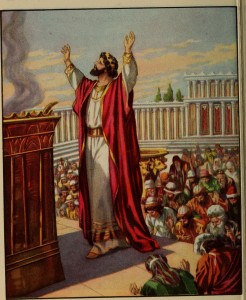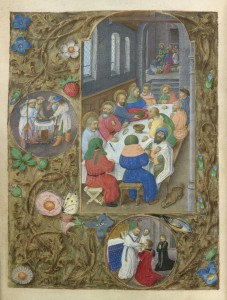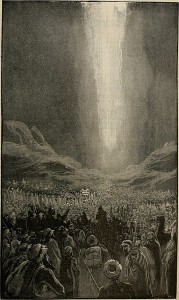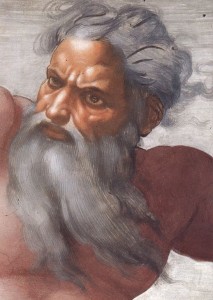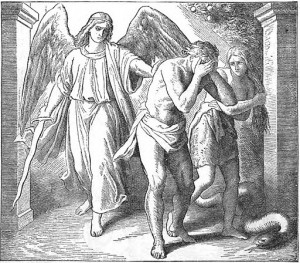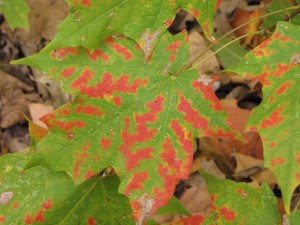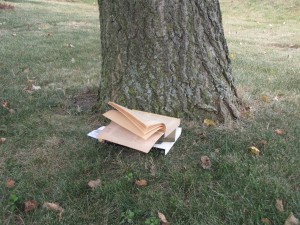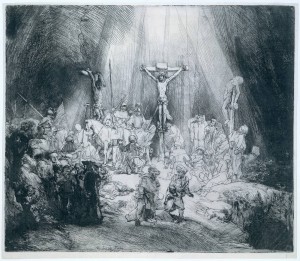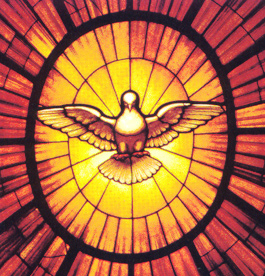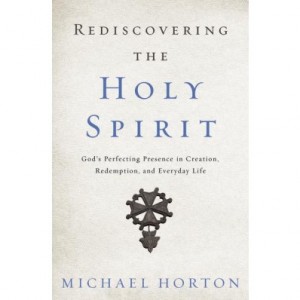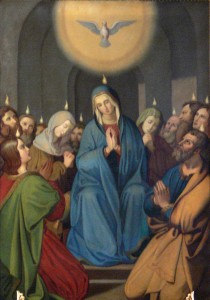To hear my blog post read aloud, just click the play button. If you’re reading this in an email, you may have to click here to hear the post on my site.
I’ve been working my way through a new book by N. T. Wright called The Day the Revolution Began, and I have a lot to tell you. This is the third post containing some of what I have learned. You can read the first post here and the second post here. I hope you gain as much as I have.
I wrote last week about exile being the natural consequence of Sin (which is the worship of idols rather than of the true God).
According to the Old Testament, Israel had been in a continual exile ever since the Babylonian destruction.
Even when the remnant returned from Babylon to rebuild Jerusalem, they remained in exile from the presence of God.
The prophets all said the exile was because of the sins of Israel. The prophets all longed for Israel to receive forgiveness of sins so that Israel could receive a new Exodus.
There was a reason Jesus chose Passover out of all the Jewish holidays during which He would enact His final drama.
Nothing He did was by accident.
One of the main ideas in Paul’s Letter to the Romans is that God remained faithful to His covenant with Abraham, even when Israel did not hold up their end of things.
God had promised Abraham a worldwide family, a family that would be cleansed and pure.
God meant for Israel to be the light of the world, the way in which God dealt with idolatry, yet faced with Israel’s own idolatry, God’s covenantal faithfulness required Him to allow Israel to face her consequences, yet that same faithfulness meant a restoration, a new Exodus, a liberation from oppressive powers.
This Exodus required a forgiveness of sins in order to restore not only Israel, not only all the nations, but all of creation as well.
There must be a return to the worship of the true God in order for us humans to return to our vocation of being a royal priesthood, reflecting the worship of creation to the Creator and reflecting the wise rule of the Creator into the world.
Yet how could this new Exodus happen?
Through the cross.
The overwhelming historical impression from the gospels as a whole is of a human being doing what Israel’s God had said he would do…The new Passover happened because the pillar of cloud and fire – though now in a strange and haunting form, the likeness of a battered and crushed human being – had come back to deliver the people.
Art credits: Bible primer by Adolf Hult; The Last Supper from So-called Hours of Philip the Fair; candle photo copyright 2018 by Made Sacred; The Pillar of Fire by Paul Hardy
All quotes are from The Day the Revolution Began by N. T. Wright
Links are Amazon affiliate links which allows purchases made by you to help support this blog at no extra cost to you.

